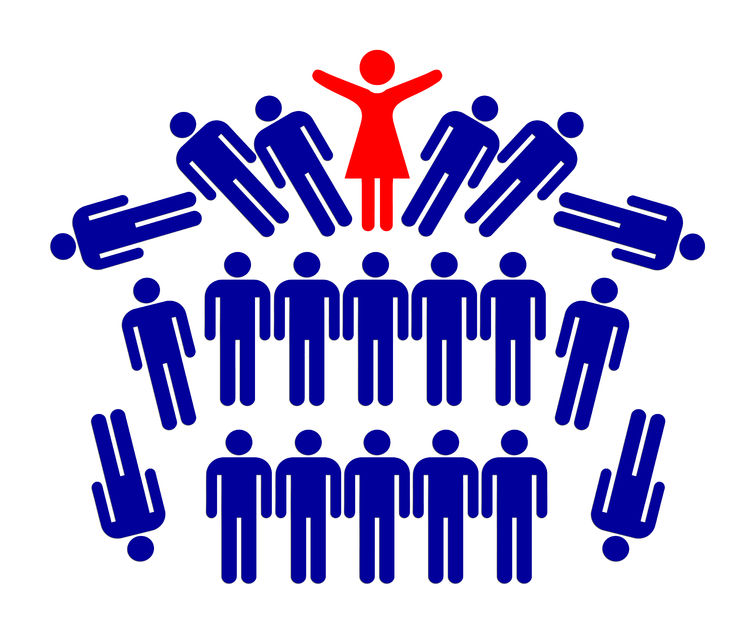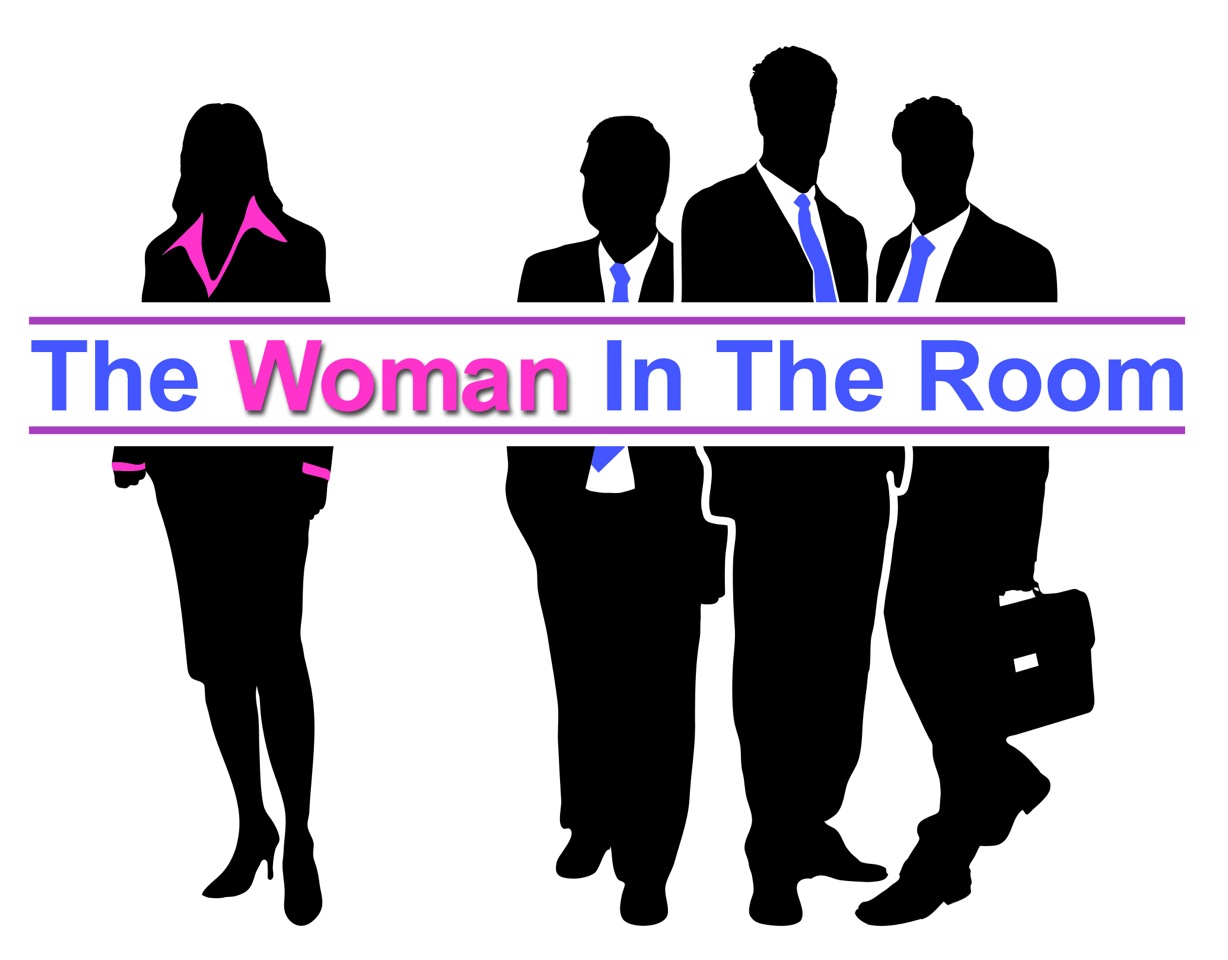
by Dot Callihan | Aug 26, 2020 | Thinking Like Empowered Women, Understanding The Male-Dominated Workplace, X 4
Women are conditioned to defer to others. In school we were praised for raising our hand before we were called on to speak. We won favoritism and were rewarded with special privileges for being “good girls.” We also watched boys speak out of turn,...

by Dot Callihan | Jun 25, 2018 | Acting As Empowered Women, Understanding The Male-Dominated Workplace
My first boss died of a heart attack 4 months after I began working. A year later a male co-worker died of complications following quadruple by-pass surgery. Six months later a man I frequently worked out with died of a massive heart attack following a run. One month...

by Dot Callihan | Apr 27, 2018 | Acting As Empowered Women, Understanding The Male-Dominated Workplace
Newton’s Third Law of Motion is: For every Action, there is an equal and opposite Reaction As a female engineer, I discovered there is a similar law in the male-dominated workplace: When one man Acts, all other men must React Early in my career, my Reaction to this...

by Dot Callihan | Dec 1, 2017 | Thinking Like Empowered Women, Understanding The Male-Dominated Workplace
Women have a HUGE misperception about the male-dominated workplace that has done incredible damage to our efforts to advance. Women work from a narrative that says men want to climb to the top so they can have power over others. Many women believe men aspire to...

by Dot Callihan | Nov 22, 2017 | Dealing With The Ugly Stuff, Thinking Like Empowered Women, Understanding The Male-Dominated Workplace
There are some industry cultures that endorse a drinking culture – frequently getting together after work to drink. Coming from one such industry I understand how it normalizes alcoholism and creates problems for women. Many women and women’s organization encourage...

by Dot Callihan | Nov 17, 2017 | Understanding The Male-Dominated Workplace
We have a lot of impressions of what the professional office was like in the 1960’s and 1970’s. But our impressions probably miss one important characteristic – its civility. When I began working in 1982 I was the first female engineer in a very traditional office. ...








